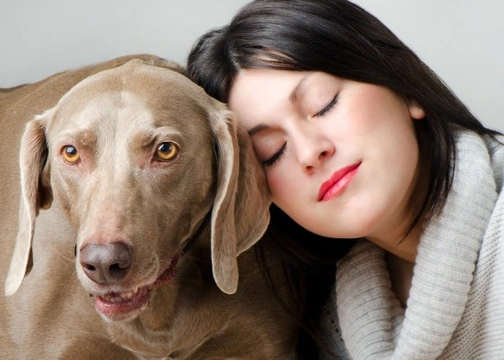
Should you consider another pet after losing one?
Losing a pet who has been a cherished companion for many years leaves a deeply felt void. While some impulsive advice might encourage quickly getting a new pet to fill that gap, this well-intentioned suggestion can overlook the unique grief process each owner experiences. The decision to welcome another pet after such a loss is personal and requires careful thought about emotional readiness, family needs, and the well-being of any current pets. This article offers an empathetic and practical look at deciding when and whether to consider a new pet after pet bereavement.
1. Allow Yourself Time to Grieve
Grief is a natural response to loss and cannot be hurried. Taking time to truly process your feelings before bringing a new animal home is essential. There is no set period for grieving; it may take days, weeks, or even months. Remember, having a new pet in the house doesn’t erase your feelings or lessen the unique bond you had with your previous pet. Feeling sad or nostalgic even after adopting is entirely normal and doesn’t mean you aren’t giving your new pet the attention they deserve.
2. Consider Your Family’s Feelings and Other Pets
Every member of the household may experience the loss differently. It’s important to discuss openly with family about the idea of a new pet. Some may still feel too vulnerable, while others might desire another companion. You should also prioritise the emotional needs of existing pets. Animals can grieve the loss of their companions and might respond positively or negatively to a new addition. Older or more settled pets may find change unsettling and require extra consideration.
3. Assess the Health and Background of Potential New Pets
If your previous pet’s loss was due to illness or injury, it's natural to be cautious about the health of another animal. Research prospective pets attentively and, where possible, obtain full health histories. A vet check prior to adoption or purchase gives added reassurance. Being informed about potential risks helps safeguard your future pet's wellbeing and can provide peace of mind as you look to build a new relationship.
4. Recognise the Inevitability of Future Loss
While it’s difficult, accepting that every pet’s life has a natural end is important. Deciding to get a new animal means reopening your heart to love, companionship, but also potential future grief. Consider whether you are in a place to cope with this eventuality, understanding that your new pet will have its own unique place in your life.
5. No Universal Waiting Period
There is no one-size-fits-all timeline for when to get a new pet after a loss. Some find comfort swiftly in welcoming a new friend, whereas others might take months or even years to feel ready. Trust your instincts and choose the moment that feels right for you and your household. Rushing into a decision can sometimes lead to challenges, while waiting too long might prolong feelings of loneliness.
6. Consider Fostering as a Gentle Transition
Fostering a pet before adopting can be a helpful way to gauge emotional readiness and household dynamics. It allows you to experience the joy of caring for an animal without the long-term commitment immediately. This can ease the transition and help ensure a new pet is the right fit emotionally and practically.
7. Making a Positive Difference to a Needy Animal’s Life
For many pet lovers, the prospect of providing a loving home to a homeless animal carries deep meaning. Helping an animal in need often brings joy, laughter, and healing, even through future losses. This compassionate act can add a new chapter filled with warmth and companionship, making the decision to have a new pet deeply rewarding in the long term.
Ultimately, deciding to get another pet after the loss of one is about finding your own emotional readiness, considering your household’s needs, and embracing the journey of new companionship responsibly and lovingly.
Ready to find your next pet? Explore puppies for sale or learn more from reputable breeders to find the perfect new companion when the time feels right.



